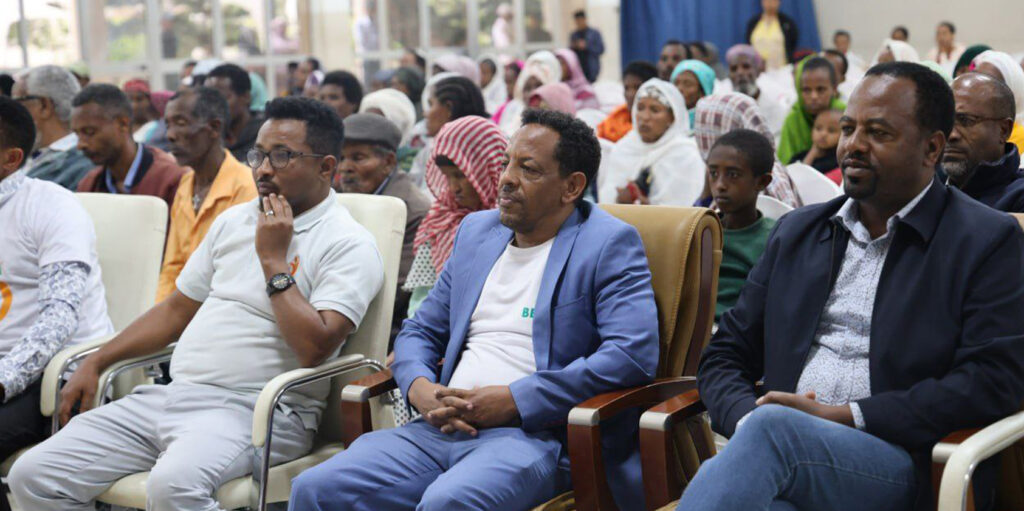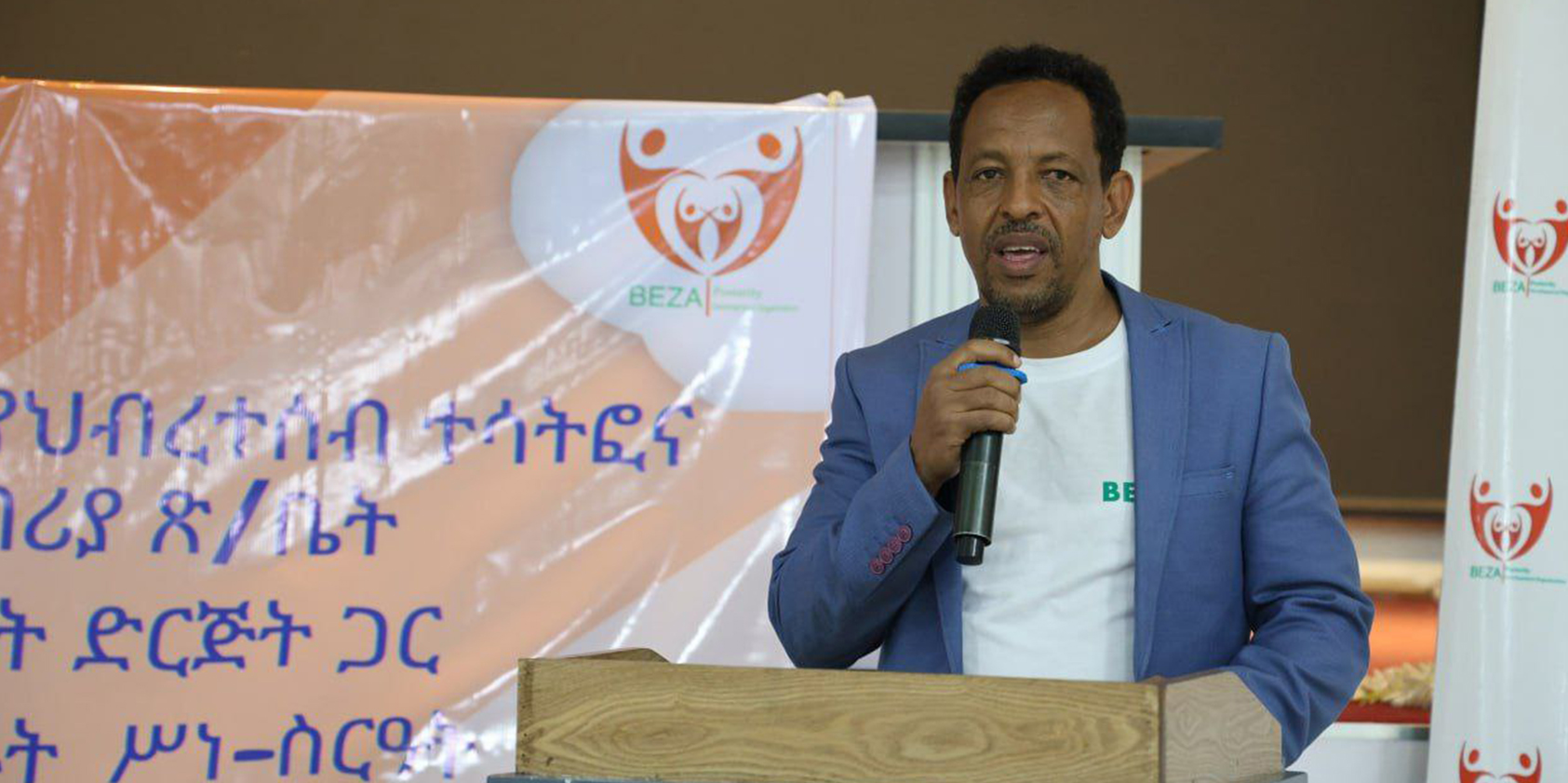Ongoing conflicts in Ethiopia over the past four years have severely impacted the operations of civil society organizations (CSOs), hindering their ability to work effectively in many regions. The country’s precarious security situation was underscored in the recently released 2025 Global Peace Index (GPI), which ranked Ethiopia 138th out of 163 countries, identifying it as one of the least conducive environments for peace and highly at risk of conflict.
One affected organization is the Beza Posterity Development Organization (BPDO), a longstanding civil society group operating in Ethiopia for 25 years. Founder and CEO Sehid Ahmed described the persistent security challenges, especially in parts of the Amhara region, as major obstacles to fulfilling their mission. “Being physically present is critical for effective project implementation and evaluation, but in conflict-affected areas such as North Wollo and West Gojjam, this is often impossible,” he explained.
The disrupted operations have also hampered efforts to monitor human rights violations. Ahmed highlighted how the lack of peace prevents CSOs from controlling abuses and noted that educational activities have suffered, with many students unable to return to school in some conflict-affected areas.

CSOs face severe constraints in contributing to peace-building and human rights oversight. The 2025 GPI report pointed out that exclusion from legitimate peace processes diminishes the impact of civil society. Furthermore, widespread mistrust from both governmental authorities and conflict parties, coupled with ongoing insecurity, limits the capacity of organizations to monitor violations and advocate effectively.
Ahmed expressed frustration with the current conditions, stating, “It remains a challenge that we do not have the environment necessary for our work to be as effective as we desire,” emphasizing that physical presence—essential for success—is frequently unattainable in volatile zones.
Beyond security challenges, budgetary constraints are crippling many CSOs, including BPDO’s sister organization, the Redemption Generation Development Organization. This group is actively seeking new funding sources amid cuts that have forced the discontinuation of some tuberculosis (TB) programs, although it continues its HIV prevention efforts in 116 districts across the Amhara region.
Founded in 2000 by a youth group in Kombolcha, Amhara region, BPDO began as an HIV/AIDS club and has since evolved into a prominent local NGO dedicated to addressing a wide range of health, socio-economic, and development issues throughout Ethiopia.
Operating under the banner “Do Your Part,” BPDO remains committed to confronting the country’s pressing challenges despite operational hurdles. The organization’s experience encapsulates the broader struggle CSOs face in Ethiopia—balancing resilience and commitment against security risks and dwindling resources.



